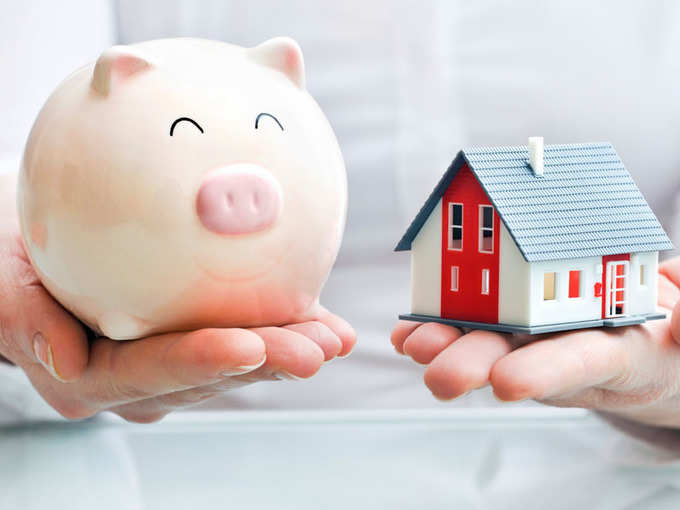 Buying a house in a metro is an uphill task given the way
Buying a house in a metro is an uphill task given the way Inordinate buying
Many borrowers splurge before even figuring out the right property. Some buy their dream sofa set and some buy a car as the new home generally comes with a parking slot. All these things come, of course, on loans. These loan repayments are visible in the bank statement and credit reports. This can adversely affect individual’s cash flows, which has impact on your loan eligibility. And your credit score.
Sprucing up
Typically, banks insist on your recent bank account statements. A
Missing payments
While preparing for a home loan file, do not forget paying your bills, especially your credit card outstanding. If you miss it paying by due date, you not only end up paying late fee and interest, you also pay in terms of lower credit score or CIBIL score. To put simply, low credit score is a big concern on your home loan eligibility. So, pay your bills on time.
Borrowing for others
There might be occasions when friends and relatives may request you to be a co-applicant for reasons being personal or procedural. Whatever be the reason and whatever be the financial status of your friend avoid being a co-applicant in someone else’s loan. This pulls down your affordability of a loan. Such existing loans stretch your debt to income ratio, leaving little scope for your home loan.
Job Hopping
Changing jobs may lead to different salary structure. This may change your take home income. If variable component of your salary increases in comparison with your previous salary structure and your assured income month on month goes down, your home eligibility may go down.
In sum, it is sticking to a deadline—whether in work or payments that matters. After all, it all about what the famous cliche goes: A stitch in time saves nine.
Rajiv Raj is the Director and Co-Founder of www.creditvidya.com